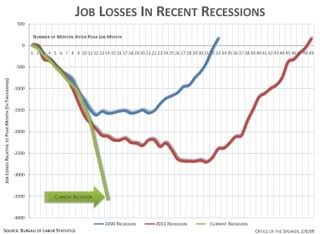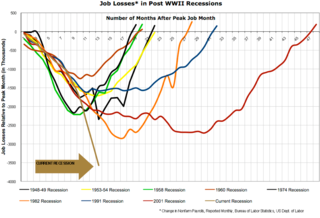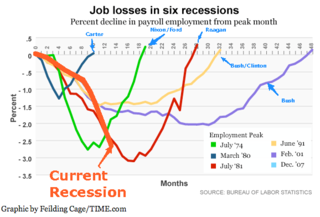I believe that in those cases in which a man can make a credible claim that he is the father of a developing child in utero, in which he could be a proper custodian of that child, and in which he is willing to take full custody of that child upon its delivery, that the pregnant woman involved should not have the option to abort and should be civilly liable, and possibly criminally liable, for psychological suffering and wrongful death should she proceed to do so.to this: She, the decision maker.
In a significant decision, the Punjab and Haryana High Court last week ruled that the right to abort a pregnancy in a marriage rests with the wife and not husband. “A woman is not a machine in which raw material is put and a finished product comes out. She should be mentally prepared to conceive, continue the same and give birth to a child. The unwanted pregnancy would naturally affect the mental health of the pregnant woman…” said the court.This Why Iceland Should Be in the News, But Is Not
What happened next was extraordinary. The belief that citizens had to pay for the mistakes of a financial monopoly, that an entire nation must be taxed to pay off private debts was shattered, transforming the relationship between citizens and their political institutions and eventually driving Iceland’s leaders to the side of their constituents. The Head of State, Olafur Ragnar Grimsson, refused to ratify the law that would have made Iceland’s citizens responsible for its bankers’ debts, and accepted calls for a referendum.to this: Factbox: Greek austerity and reform measures
Greece's cabinet approved late on Saturday 325 million euros ($428 million) of extra austerity measures needed to complete a 3.3 billion euro package of cuts -- the price demanded from Athens for a new EU/IMF bailout.
This: In a 325-Page SEC Letter, Occupy's Finance Gurus Take on Wall Street Lobbyists
Yesterday, a group affiliated with Occupy Wall Street submitted an astounding comment letter to the Securities and Exchange Commission. Point by point, it methodically challenges the arguments of finance industry lobbyists who want to water down last year's historic Dodd-Frank Wall Street reforms. The lobbyists have been using the law's official public comment period to try to kneecap the reforms, and given how arcane financial regulation can be, they might get away with it. But Occupy the SEC is fighting fire with fire, and in so doing, defying stereotypes of the Occupy movement.to this: Thomas Frank Talks With Truthout on How Wall Street Doubled Down on Trashing America's Economy
It is the absurd theme that runs throughout "Atlas Shrugged," where the main character, who has organized a strike of the billionaire class, describes himself as "the defender of the oppressed, the disinherited, the exploited - and when I use those words, they have, for once, a literal meaning." That's right, in one of the most popular novels in recent history, billionaires are said to be - insisted to be! - the "disinherited" and "exploited" class.
Understanding how conservatives get themselves to this point is slightly trickier. They merely understand "elitism" in a different way than you and I. The true powers of society are not the rich, but the professionally-credentialed and the government-connected. Conservatives basically invert the populist categories of yore. Instead of blue-collar workers or farmers being the exploited producer class, it is entrepreneurs, who work so hard and have to comply with regulations and pay taxes and put up with the whining of their tattooed hipster employees. And it is the rest of us who are the real parasite class.








